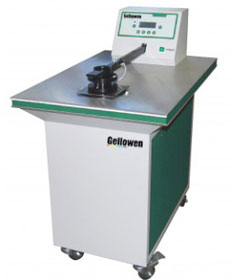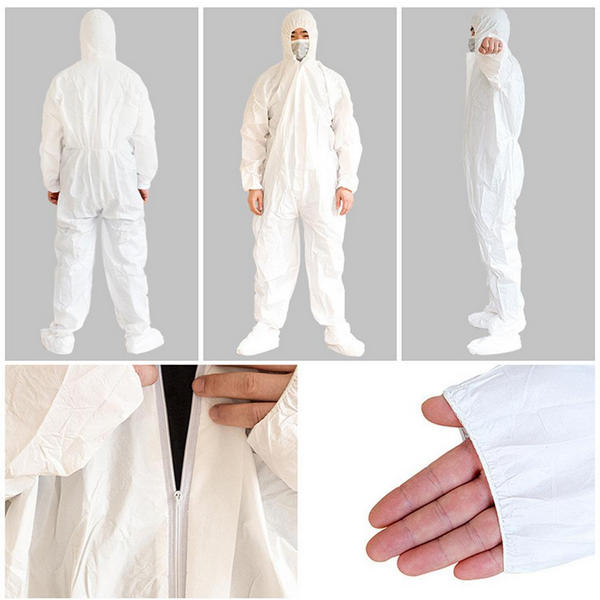-
What are some standard requirements for breathable protective clothing?
Edited by:Read:Breathable protective clothing is a critical piece of equipment used to protect personnel from hazardous substances and environmental factors. The following are some common standard requirements for breathable protective clothing:
1. Material selection and performance requirements:
Material selection for breathable protective clothing should be in accordance with the requirements of relevant standards. Common materials include protective layers, breathable membranes and lining materials. These materials need to have certain chemical resistance, abrasion resistance and protective properties, as well as breathability to ensure that the wearer can breathe comfortably while wearing the garment.

2. Breathable protective clothing air permeability testing:
The breathability of breathable protective clothing is one of its key characteristics. Commonly used breathability testing methods include moisture resistance testing, moisture transport testing, and gas permeability testing. These tests evaluate the breathability of protective clothing under different environmental conditions to ensure that the wearer stays dry and comfortable.
3. Chemical barrier performance testing:
Breathable protective clothing needs to have a chemical barrier to protect the wearer from hazardous substances. Chemical barrier testing evaluates the ability of protective clothing to block liquids and gases. Common test methods include liquid barrier performance test and gas barrier performance test. 4.
4. Physical performance test:
Breathable protective clothing also needs to have certain physical properties to ensure its durability and comfort. Physical property tests include tear resistance, puncture resistance, tensile resistance and abrasion resistance. These tests assess the performance and durability of the protective clothing during use.
5. Size and fit requirements:
Breathable protective clothing needs to be designed and manufactured to fit different body sizes to ensure that it can be worn comfortably by the wearer. Standards require suits to have a suitable range of sizes and adjustable components to accommodate people of different sizes.

6. Marking and labeling requirements:
Breathable protective clothing needs to be labeled with relevant markings and instructions to provide the user with proper wearing and maintenance instructions. Markings typically include the model number of the protective clothing, specifications, manufacturer's information, and standards to which it conforms. Instructions for use should include proper wearing methods, maintenance requirements and precautions.
It should be noted that the standard requirements for breathable protective clothing may vary from country to country, industry to industry and application to application. Therefore, when selecting and using breathable protective clothing, reference should be made to the appropriate standards and guidelines according to the specific requirements and application scenarios.
- 2024-04-19Paper ring compression strength tester standards
- 2024-04-19Cupping tester standards
- 2024-04-19Rubber and plastic tensile tester standards
- 2024-04-19Taber 1750 wear-resistant tester standards
- 2024-04-19Stone Chip Resistance Gravelometer standards
- 2024-04-18Diaper absorption speed tester standards
- 2024-04-18Diaper leakage tester technical indicators
- 2024-04-18Paint film impact resistance tester standards
- 2024-04-18Low temperature brittleness tester principle
- 2024-04-18Battery separator permeability tester technical indicators



